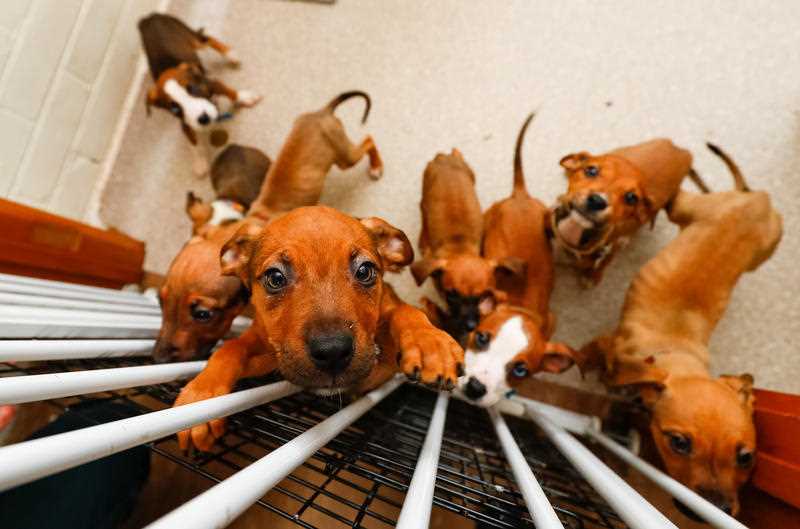Tougher quarantine rules designed to protect against the risk of a rabies outbreak could lead to a blowout in wait times for people looking to bring pets into the country.
Currently it takes about six months to apply to bring in a cat or dog from almost 70 countries, including the UK, Italy, Canada and US, and each animal must do at least 10 days of quarantine at a facility in Melbourne.
From March 1, animals from those countries must have their identity confirmed by a government-approved vet and then have a rabies blood test.
If their identity can’t be confirmed by an approved professional, they must do 30 days in quarantine.
Brisbane-based breeder Paul Hewitt described it as a “crazy scheme”.
He said he understood concerns about rabies but feared new rules would lead to long wait times for animals to book into quarantine.
“There is a problem, but they’ve come up with the wrong solution,” Dr Hewitt told AAP.
Australia is free of rabies, a normally fatal viral infection that is usually transmitted through the bite or scratch of an infected animal.
Dogs Victoria’s Linda Beer said her organisation supported measures to reduce biosecurity risks but some members had raised concerns about an apparent lack of transition period.
She said some breeders feared US authorities did not have processes or staff in place to facilitate government-approved veterinary ID checks by the cut-off date.
This meant people who had already started the expensive importation process would need to either start again or have their pets serve the longer 30-day quarantine period.
The Australian Veterinary Association said extended quarantine was regrettable but a rabies outbreak would be devastating for all animals.
“We do urge the government, however, to work towards solutions to minimise waiting times and improve capacity in the (quarantine) facility, so that the impact on pet owners can be minimised,” a spokeswoman said.
Ten days of quarantine costs about $2000 but that will rise to $2600 for 30 days, excluding the cost of transporting animals or boarding fees at kennels in other countries.
The changes do not apply to animals returning to Australia or coming from rabies-free countries.
There is no official estimate of how many cats and dogs will be impacted, but the federal Department of Agriculture says the Melbourne quarantine facility is prepared for a large number of animals to spend 30 days at the site.
A spokeswoman said the department had already contacted existing permit holders and there were still quarantine spots available from March until June.
She said the 30-day quarantine period would apply to any animals coming from rabies-affected countries until negotiations for the government-verified identity check were in place.
The changes were prompted by an increased risk of rabies in imported animals and an uptick in fraudulent documents being used, the spokeswoman added.
“The fraud is mainly to avoid the rabies risk management measures because they can take a long time to complete,” she said.
By Rachael Ward in Melbourne



